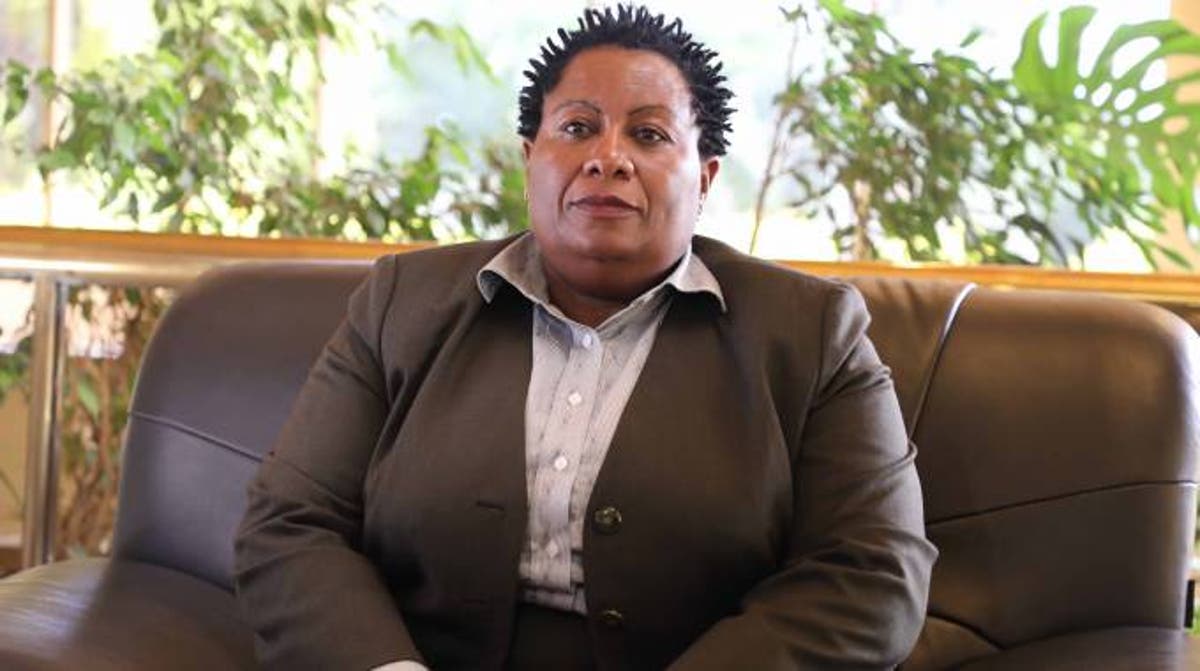ZIMBABWE has no witness protection law, a top civil servant said recently, raising questions about the country’s commitment to addressing widespread corruption.
Despite years of public pronouncements by the government that it will step up the crackdown on graft, there has been little concrete progress.
This has cast the spotlight on the lack of legislation to help curb the amassing of unexplained wealth by politicians and public servants. In recent months, the police and the Zimbabwe Anti-corruption Commission (Zacc) have made highprofile arrests that have included ruling party legislators accused of bilking public funds worth millions, but the courts are yet to secure significant prosecutions.
Last week, Zacc chairperson Loice Matanda-Moyo said on state media that the country did not have any witness protection laws, effectively punching holes into the commission’s avowed anti-graft campaign.
“The absence of legislation that protects whistleblowers and witnesses scares away potential witnesses or whistleblowers, especially in high-profile cases where they can endanger their lives,” Matanda-Moyo said.
In 2016, Transparency International reported that Zimbabwe was losing up to US$1billion a year to corruption, listing the police force, local councils and the vehicle inspection department among institutions the most riddled with graft.
It is public knowledge that driver’s licences can be bought from vehicle inspection department officials. Lifestyle audits of government workers initiated during late former president Robert Mugabe’s tenure have failed to stymie the rot.
Members of Parliament earn just under US$200 a month, according to a payslip posted by incarcerated Citizens Coalition for Change legislator Job Sikhala in 2020. But MPs from the ruling Zanu PF party are known to live lavish lifestyles thanks to what critics claim are opaque sources of wealth.
In the wake of the 2016 Transparency International report, then minister of information Christopher Mushowe said corruption was being fuelled by the reluctance of witnesses to come forward. Six years later, that has not changed.
“Encouraging insiders to report wrongdoing and protecting them when they do is a fundamental pillar to fighting corruption, because it is often those on the inside who are able to notice the rot before outsiders see it or suffer its consequences,” said McDonald Lewanika, who heads the Zimbabwe chapter of the global translocal citizen activism network Accountability Lab.
The network was founded in early 2012 in an effort to work with young people to develop new ideas for accountability, transparency and open government. “Insiders who act with integrity and seek to expose rot, illegality, unethical conduct, abuses and corruption can only grow in number and assist in clawing back on corruption if there are sufficient safeguards in institutions and the state to guarantee their safety,” Lewanika said.
Early this year, Transparency International reported that Zimbabwe ranked 157 out of the 180 most corrupt countries, citing lack of political will and ineffective law enforcement as the major reasons graft remains unchecked.
“Laws are there that make provisions for the protection of witnesses but there is no explicit legislation that directly addresses the needs of whistleblowers,” said Tawanda Majoni, the national coordinator of the investigative journalism nonprofit organisation Information for Development Trust.
“The problem we have is that the politically connected are arrested for optics and there is so much corruption in the fight against corruption that officials are compromised,” Majoni said.
The application of the law in corruption cases has come under scrutiny, with reports that some court officials have been fired for accepting bribes of as little as US$20, while public officials such as mayor Justice Wadyajena and Prisca Mupfumira, who served as minister of social welfare and of tourism, are still walking free despite being accused of laundering millions of dollars of public funds.
Despite the Zacc claiming in August that it had “overwhelming evidence” against Wadyajena, he has said he will remain the chairperson of a parliamentary portfolio committee in defiance of calls that the law take its full course in his corruption trial. — M&G


